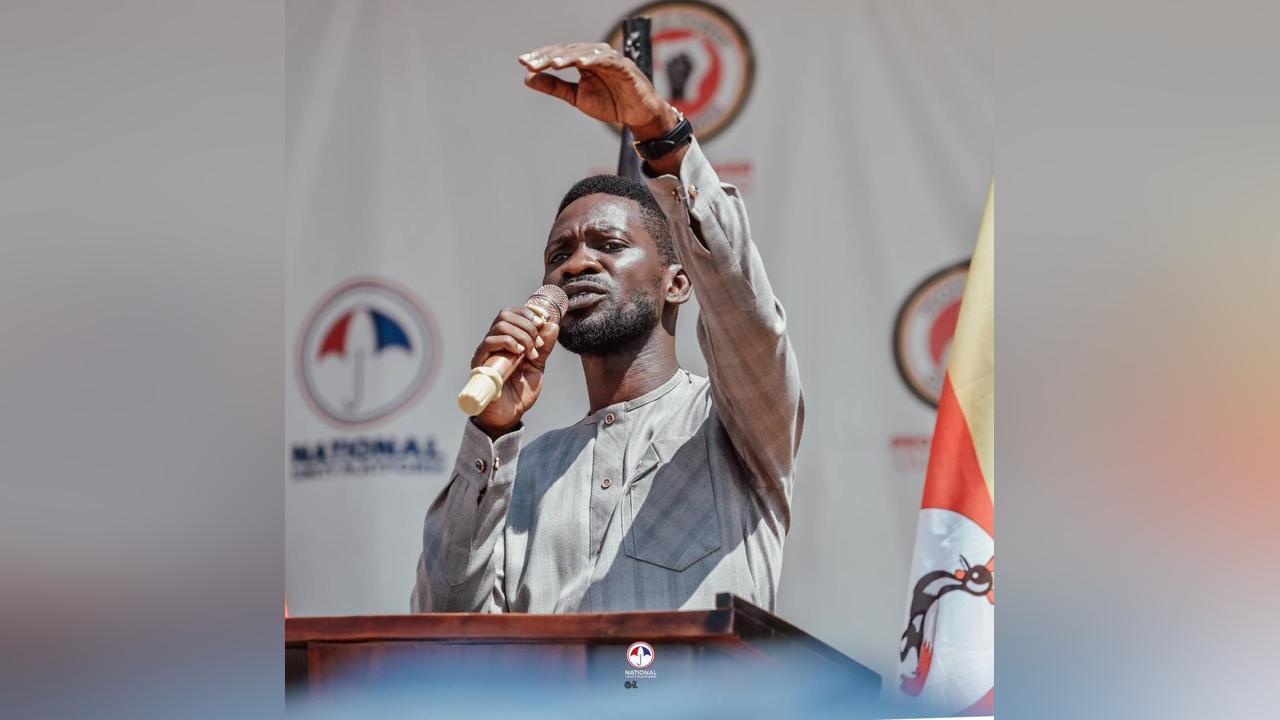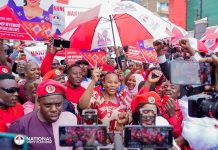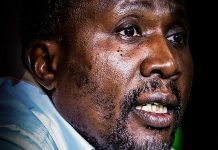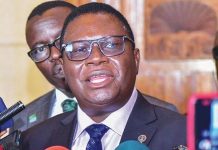Africa-Press – Uganda. The National Unity Platform (NUP) faces a deepening dilemma over its bid to join the Inter-Party Organisation for Dialogue (IPOD), with senior political figures cautioning the party to define its non-negotiable limits—or “redlines”—amid conditions tied to state funding.
The controversy surrounds whether NUP, as a key component of the National Consultative Forum (NCF), is a default member of IPOD now a statutory organ of the NCF or must submit to an admission process set by the existing members. A letter dated October 10th from the IPOD secretariat asked NUP to formally express its interest, insisting on an application procedure.
The IPOD process is seen by some, including a senior legislator and former member of the Constituent Assembly Wandera Ogalo, as fundamentally inconsistent with the nation’s supreme law.
‘Unconstitutional’ Funding Conditions
Mr. Ogalo argues that demanding an application to receive public funding—made available through recent amendments to the Political Parties and Organisations Act—contradicts the constitutional principle of unconditional state support for political parties.
“The constitution presupposes that the government supports political parties without any conditions,” Ogalo stated, emphasising that the requirement to apply for admission runs counter to the spirit of public funding. “An application is asking and you can also be refused… you are equal entities before the people. Where is the sovereignty of the people?”
He warned that subjective criteria for funding could be weaponised against NUP. “Who is going to determine that a party is promoting peace and stability? Who is empowering parties to eliminate NUP? The summit of presidents is not a court.”
He urged the leading opposition party to stand firm on its principles. “Political parties must have red lines beyond which they will go.
Do without the money. How can you force me to dialogue? NUP should have its redlines.”
IPOD Insists on Procedure
In contrast, other members insist on adherence to established protocol. Dr. Sserwambala Lawrence emphasised that admission requires a formal procedure involving the current members.
“As presidents, we are waiting for their Secretaries General to recommend,” Dr. Sserwambala said, defending the value of the platform. “You can’t live in a society without tolerance and dialogue. Even the greatest adversaries at one time they have to talk.”
His view is echoed by Justice Forum (JEEMA) president Asuman Basalirwa, who chairs the Justice Forum, who insists on the importance of political actors committing to values like dialogue and peace.
Basalirwa indicated that by now, NUP’s admission should have been before the Council of Secretary Generals of IPOD, awaiting their recommendation.
“We should do whatever it takes to be admitted in IPOD,” he stressed, adding that “even the greatest enemies meet to resolve conflict.”
Waiting for the Summit
The protracted back-and-forth leaves NUP’s admission status uncertain. Ogalo contends that “If NUP is part of NCF and IPOD is a structure under, then they are members.”
However, the IPOD framework dictates that the admission into the summit is decided by the sitting presidents, who only convene once every six months or on an emergency basis.
Compounding the uncertainty is the delay by the Minister of Justice and Constitutional Affairs in presenting a statutory instrument to operationalise the new law, a lag that has lasted five months.
Political actors question whether this instrument will establish a neutral facilitator to adjudicate on alleged breaches of the values required for funding eligibility.
The issue of the NUP’s engagement with IPOD is further explored in a video discussing the party’s unexpected shift in position on the dialogue platform NUP makes u-turn on IPOD, declares readiness to join.
This video is relevant as it provides a visual report on NUP’s change of mind regarding joining IPOD, which is the core subject of the news story.
For More News And Analysis About Uganda Follow Africa-Press






